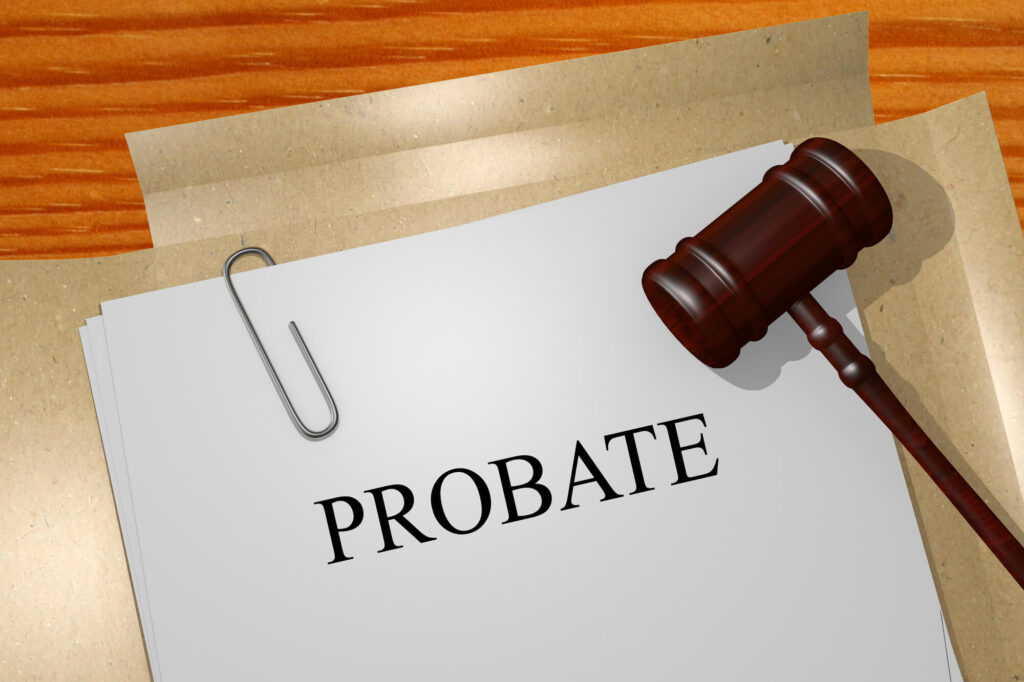The Importance of Estate Planning in Texas: Why You Should Start Early
Estate planning is a crucial step that everyone should take, regardless of their age or financial situation. In Texas, starting your estate planning early can help ensure that your wishes are respected and that your loved ones are taken care of after your passing. By creating a comprehensive estate plan, you can avoid complications and reduce the burden on your family during a difficult time.
Many people mistakenly believe that estate planning is only for the wealthy or the elderly. However, unexpected events can happen at any age, making it essential to have a plan in place. This includes drafting a will, setting up trusts, and designating powers of attorney. By addressing these matters proactively, you can provide peace of mind for yourself and your family.
Understanding Texas Probate Law: Key Concepts and Processes
Texas probate law governs the legal process of administering a deceased person's estate. Understanding the key concepts and processes involved in probate can help individuals navigate this often-complex system. The probate process includes validating the will, appointing an executor, and distributing assets to beneficiaries, all of which require adherence to Texas statutes and regulations.
In Texas, probate can be simplified through various methods, such as independent administration or muniment of title, depending on the size and complexity of the estate. Familiarizing yourself with these options can save time and reduce costs, making it easier for your loved ones to manage your affairs after your passing.
Common Myths About Wills and Probate in Texas
There are many misconceptions about wills and the probate process in Texas that can lead to confusion and misinformation. One common myth is that a will automatically avoids probate; however, all wills must go through probate to be validated. Understanding these myths is crucial for anyone looking to plan their estate effectively.
Another misconception is that only wealthy individuals need a will. In reality, anyone with assets, regardless of their value, should have a will to ensure their wishes are honored. Dispel these myths by consulting with a knowledgeable attorney who can provide accurate information and guidance tailored to your specific situation.
Key Factors to Consider When Choosing an Executor in Texas
Choosing the right executor for your estate is one of the most important decisions you will make during the estate planning process. In Texas, an executor is responsible for managing the estate, paying debts, and distributing assets according to the will. It’s essential to select someone who is trustworthy, organized, and capable of handling the responsibilities involved.
Factors to consider when choosing an executor include their financial acumen, availability, and willingness to serve in this role. Additionally, consider appointing a backup executor in case your first choice is unable to fulfill their duties. By carefully selecting an executor, you can help ensure a smoother probate process for your loved ones.










